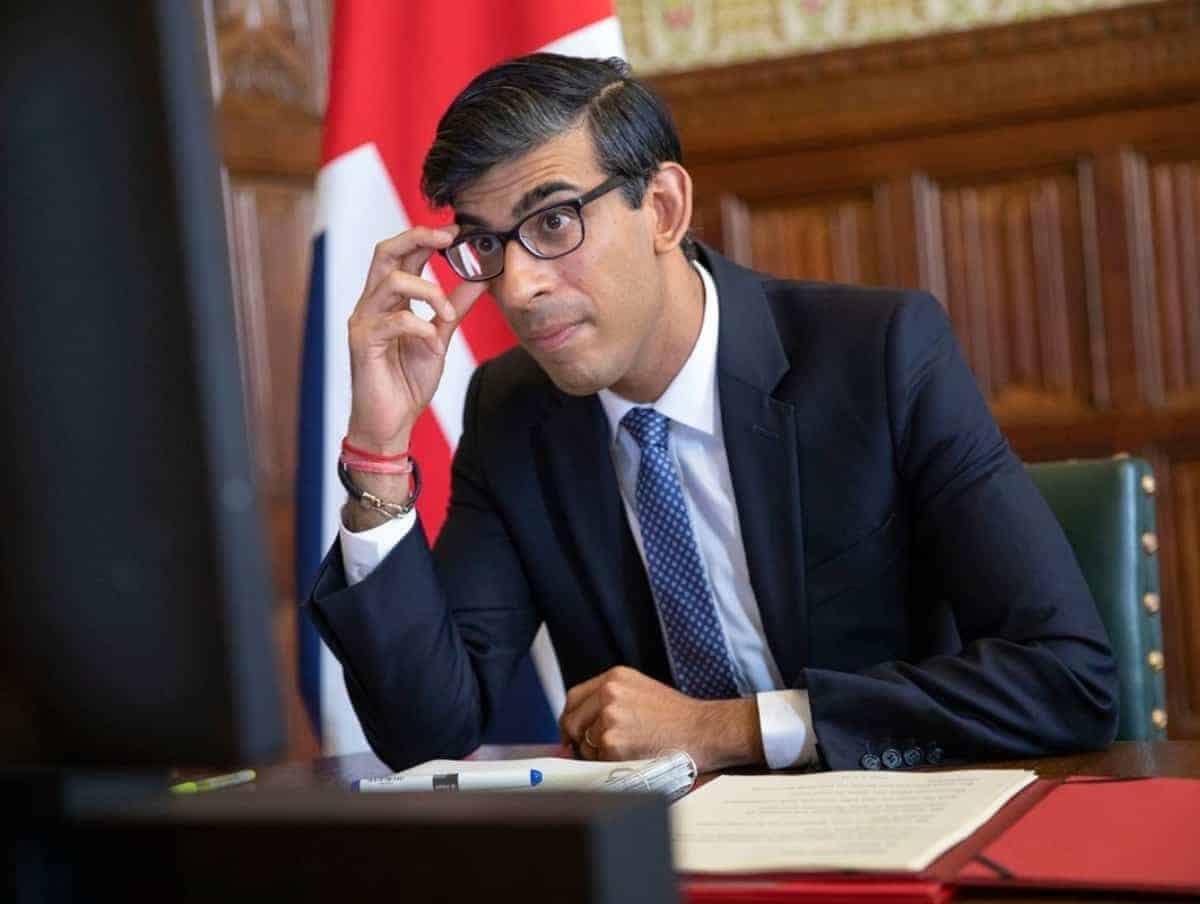
London: A cross-party Parliament committee in charge of scrutinising the UK government’s trade affairs on Friday strongly criticised the lack of information provided around Britain’s ongoing negotiations with India for a free trade agreement (FTA).
The House of Commons International Trade Committee, which is set to be dissolved next week to make way for a new Business and Trade Committee in keeping with the creation of the new merged department by Prime Minister Rishi Sunak, said in many cases it gleaned more detail on the talks from reports in the Indian media often citing unnamed Indian government officials.
India and the UK are negotiating an FTA to enhance the bilateral trading relationship worth 34 billion pounds in 2022, with the eighth round of negotiations concluding in New Delhi at the end of last month and the next round expected in the coming weeks.
“Parliament must be kept more fully informed about the negotiations. It cannot be right that we have obtained more details from the Indian media than we have from the UK government,” said Scottish National Party MP Angus Brendan MacNeil, Chair of the International Trade Committee.
“A trade deal with India is an opportunity to enhance our trading relationship with the fifth-largest economy in the world. But this agreement must not come at any cost.
“As our report highlights, there are important issues at stake, including potential impacts on NHS drug costs, human and labour rights, gender equality and pesticide standards,” he said.
In its report entitled UK trade negotiations: Agreement with India’, the committee welcomed the Sunak-led government’s decision to not set any new deadline for the deal after former prime minister Boris Johnson’s “widely trailed deadline to get a deal with India done by Diwali” last year.
“We welcome the fact that the government is no longer putting arbitrary deadlines on trade negotiations. While the Diwali date was unrealistic, it is positive that government has adopted an approach that evaluates the benefit of the trade deal before finalising any agreement,” the report notes.
One issue highlighted in the report is the need to reconcile the UK government’s wish to see India’s patent laws tightened to benefit UK drug companies with the need to maintain the state-funded National Health Service (NHS) access to cheap generic drugs produced in India.
The Committee also notes possible implications from the deal for standards and checks regarding the quality and safety of goods, including food products and medicines.
Its report suggests the possibility of attaching to any trade liberalisation in the deal the condition that India implement UN and International Labour Organisation human rights conventions, and showing that goods meet environmental sustainability and animal welfare requirements.
The Committee said that its analysis of the UK-India talks is being placed on the record by the member MPs for both the government and the successor Business and Trade Committee to pick up and implement.
